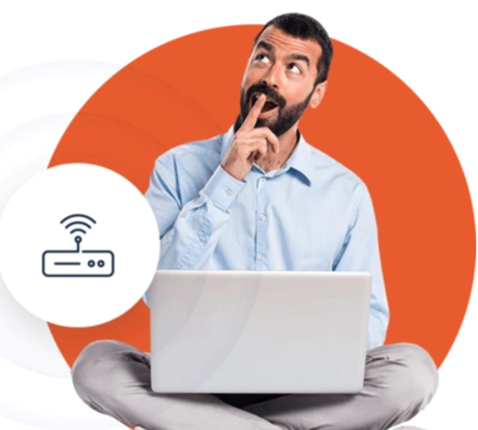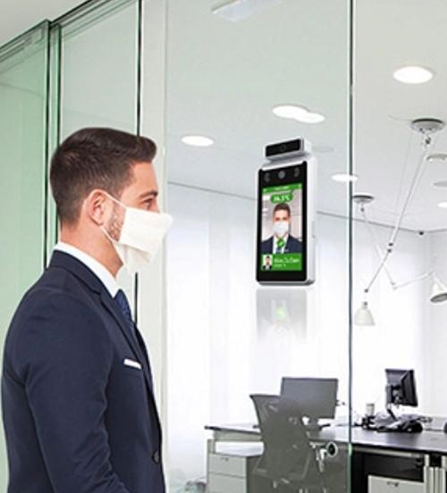A face tracker is a technology
that recognizes and tracks the position and movement of a face. It is capable
of analyzing the feature points and expressions of the face and is used for
various applications such as face recognition, gesture control and more. Some
of the major applications of facial trackers are described in detail below.
Roles Of Facial
Tracker
Face Recognition And Authentication
Facial trackers can help identify
and verify the identity of an individual. By recognizing the feature points and
structure of a face, a face tracker can create a unique model of the
face features and compare it with a pre-stored database of faces. This is
important in scenarios such as security systems, border control, and mobile
phone unlocking. When it comes to the use of facial trackers for face
recognition and identity verification, a specific example is mobile phone
unlocking.
Today's smartphones are often
equipped with a facial unlocking feature that allows users to unlock their
phones by pointing their faces at the phone's camera. This feature relies on
facial tracker technology. When a user sets up a facial unlock, the facial
tracker captures and records the user's facial features, structure and
contours. The next time a user wants to unlock their phone, the facial tracker
detects and recognizes their facial features in real-time and compares them to
a previously stored facial model.

If the match is successful, the
phone will be unlocked and the user can directly access the phone interface.
This facial tracker-based facial unlocking feature provides convenience while
increasing the security of the phone. Since each person's facial features are
unique, even if someone else tries to unlock the phone using a similar look or
photo, the facial tracker can recognize the mismatched differences to ensure
that only legitimate users can access the phone.
In conclusion, facial trackers
have a wide range of applications in face recognition and identity
verification. They provide a convenient, fast and secure way of identity
verification, which can be applied to mobile phone unlocking, access control
systems, payment authorization and other scenarios to enhance user experience
and data security.

Expression Analysis And Emotion Recognition
Facial trackers can capture
minute changes and expressions of the human face for emotion recognition and
sentiment analysis. By analyzing the movement and shape changes of the eyes,
mouth, eyebrows and other parts of the face, facial trackers can infer the
emotional state of an individual, such as happiness, sadness, anger and so on.
This is useful in areas such as sentiment computing, user experience research,
advertising and market research. In addition to this, facial trackers can
translate an individual's facial expression and head posture into control
signals for natural interaction with computers. By recognizing and tracking
facial movements, facial trackers can enable gesture recognition, blink
control, and head posture control, making the interaction between humans and
computers more intuitive and natural. This has a wide range of applications in
areas such as virtual reality, augmented reality, and game development.

Video Analysis And Surveillance
Facial trackers can be used in
video analysis and surveillance systems. It can help identify and track faces
in videos for behavioral analysis, security monitoring and anomaly detection.
For example, in the field of security, facial trackers can be used to identify
and track the facial features of specific targets for alerting and recording
purposes. More importantly, facial trackers are one of the key technologies for
enabling virtualization and augmented reality experiences. By recognizing and
tracking a user's facial features, facial trackers can combine virtual objects
or effects with the user's facial movements in real-time to create an immersive
virtual reality or augmented reality experience. For example, in gaming, facial
trackers can capture a player's expressions and head gestures and apply them to
character control or gameplay interactions.

Summary
In conclusion, facial trackers
have a wide range of applications in face recognition, expression analysis,
human-computer interaction, video surveillance and analysis, visualization and
augmented reality. It provides a more natural, convenient and intelligent way
for people to interact with computers and change their lives.
